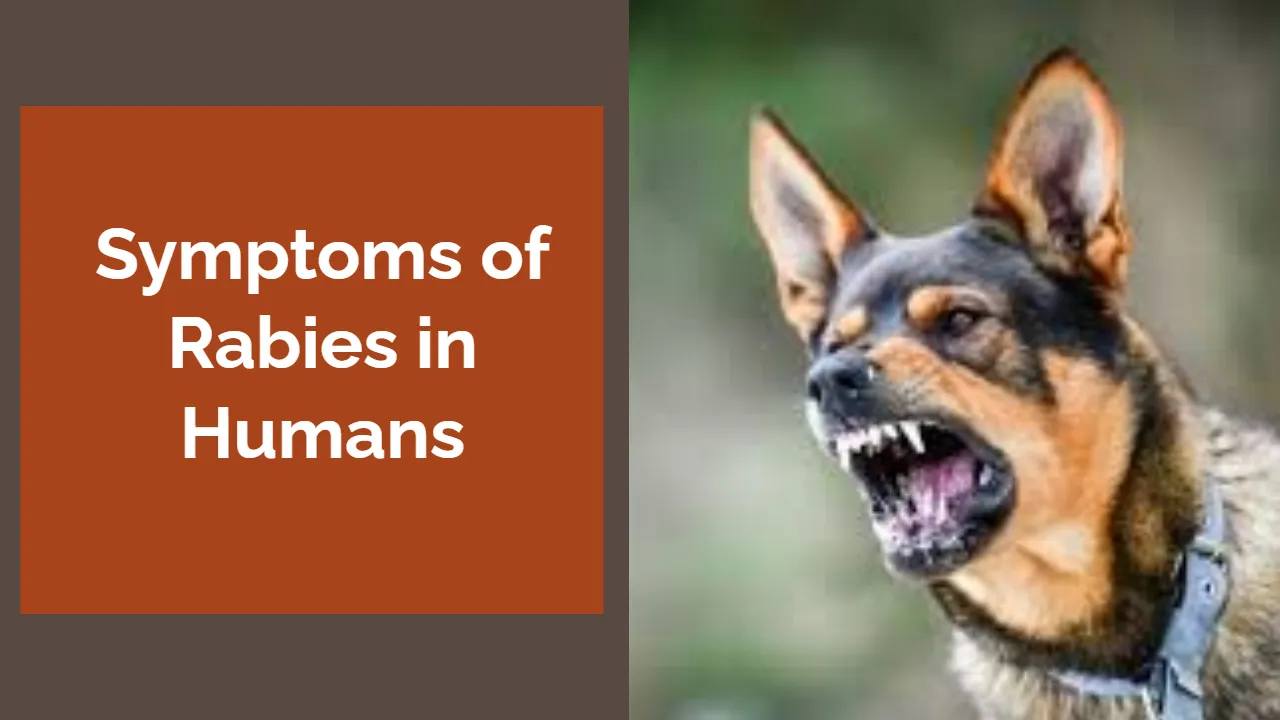Rabies in Humans: Recognizing the Signs and Seeking Early Help
Rabies is a lethal viral infection that targets the nervous system. While its occurrence in India has decreased due to effective vaccination programs for domestic animals, it remains crucial to be aware of the symptoms in case of exposure. Early diagnosis and prompt treatment are vital for survival.
The Deceptive Start: Flu-like Symptoms
Rabies often starts with symptoms that resemble the flu, making it easy to overlook. These initial signs can manifest within a few days to several months after exposure to the virus and may include:
- Fever
- Headache
- General malaise (feeling unwell)
- Unusual or unexplained tingling, pricking, or burning near the bite wound
These early symptoms are non-specific and could be mistaken for a common cold or another viral illness. However, if you’ve been bitten by an animal—especially a stray dog, jackal, bat, or monkey—remain vigilant and consult a doctor immediately, mentioning the bite.
The Progression: Brain and Nervous System Involvement
As the virus invades the central nervous system, the symptoms intensify dramatically. This phase can develop over a few days to a week and can manifest in two main forms:
Furious Rabies: This is the more common form, characterized by:
- Hyperactivity and agitation
- Anxiety and confusion
- Hallucinations and disorientation
- Difficulty swallowing (leading to the well-known symptom of hydrophobia, or fear of water)
- Excessive drooling
- Seizures
Paralytic Rabies: This less common form progresses differently:
- Muscle weakness and paralysis, often starting near the bite site and spreading outward
- Difficulty swallowing and speaking
Why Early Diagnosis is Critical
Rabies is almost always fatal once symptoms appear. However, immediate medical attention can save your life if rabies exposure is suspected. Here’s why:
- Post-exposure prophylaxis (PEP): This series of injections can prevent the virus from establishing itself in the nervous system. These shots are most effective when administered soon after exposure, ideally before symptoms appear.
- Supportive care: Even if PEP is initiated, supportive care in a hospital setting is crucial to manage complications and improve survival chances.
Taking Action
Rabies is preventable. Here are some steps to protect yourself and your loved ones from this devastating disease:
- If bitten by an animal, wash the wound thoroughly with soap and water for 15 minutes and seek medical attention immediately.
- Keep your pets vaccinated against rabies.
- Avoid contact with wild animals, especially stray dogs, jackals, bats, and monkeys.
- Be informed and stay safe.
By recognizing the early signs of rabies and acting swiftly, you can protect yourself and others from this fatal disease.



